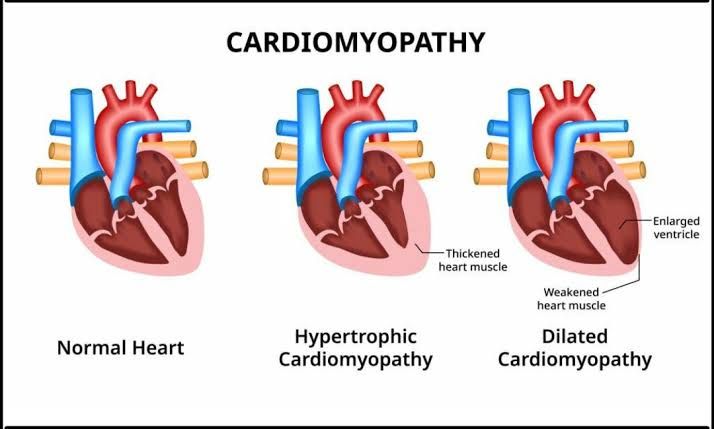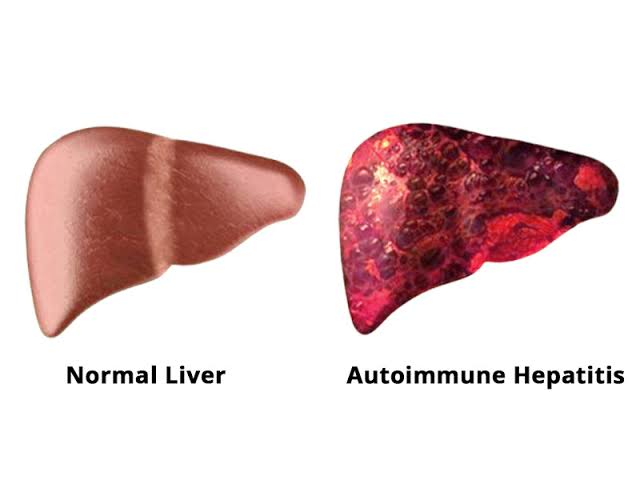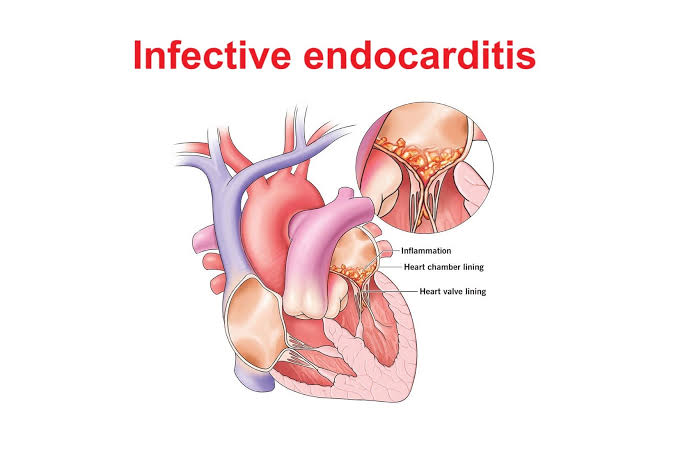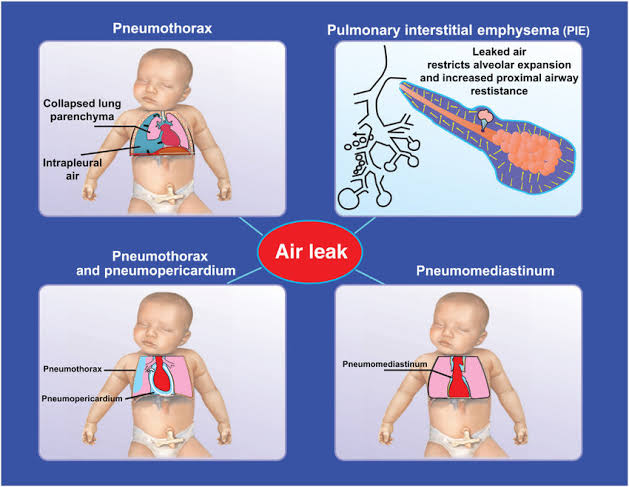
International Classification of Primary Cardiomyopathy
Cardiomyopathy (CMP) is a term used to describe diseases of the heart muscle that can affect its size, shape, and ability to pump blood. The international classification of primary cardiomyopathies includes several distinct types based on their underlying pathology and clinical presentation:
- Dilated Cardiomyopathy (DCM): Characterized by ventricular dilation and impaired systolic function. It is the most common form of CMP.
- Hypertrophic Cardiomyopathy (HCM): Defined by abnormal thickening of the heart muscle, particularly affecting the interventricular septum.
- Restrictive Cardiomyopathy (RCM): Involves stiffening of the heart muscle, leading to impaired filling during diastole.
- Arrhythmogenic Right Ventricular Cardiomyopathy (ARVC): A genetic condition characterized by replacement of right ventricular myocardium with fatty or fibrous tissue, leading to arrhythmias.
- Unclassified Cardiomyopathies: This category includes forms that do not fit into the other classifications or have unclear etiology.
Clinical Presentation of All Types of CMP with Focus on Hypertrophic CMP
1. Dilated Cardiomyopathy (DCM)
- Symptoms include fatigue, shortness of breath, swelling in the legs, and palpitations.
- Physical examination may reveal signs of heart failure such as elevated jugular venous pressure and pulmonary crackles.
2. Hypertrophic Cardiomyopathy (HCM)
- Often asymptomatic but can present with exertional dyspnea, chest pain, syncope, or palpitations.
- Physical findings may include a loud S4 heart sound and a systolic ejection murmur best heard at the left sternal border due to outflow obstruction.
3. Restrictive Cardiomyopathy (RCM)
- Symptoms are similar to those seen in heart failure: fatigue, dyspnea on exertion, and peripheral edema.
- Physical examination may show signs of right-sided heart failure.
4. Arrhythmogenic Right Ventricular Cardiomyopathy (ARVC)
- Patients may experience palpitations or syncope due to arrhythmias.
- Physical findings can be subtle but may include signs related to right heart failure.
Natural History of CMP, Prognosis, and Possible Outcomes if Untreated
The natural history varies significantly among different types of cardiomyopathies:
- Dilated Cardiomyopathy: Can progress to severe heart failure and is associated with a high risk of sudden cardiac death if untreated.
- Hypertrophic Cardiomyopathy: May lead to progressive symptoms or sudden cardiac death; however, many patients remain asymptomatic for years.
- Restrictive Cardiomyopathy: Generally has a poor prognosis due to progressive heart failure; survival rates are lower compared to DCM and HCM.
- Arrhythmogenic Right Ventricular Cardiomyopathy: Can lead to life-threatening arrhythmias; prognosis varies widely depending on severity.
Overall prognosis is influenced by factors such as age at diagnosis, presence of symptoms, family history, and response to treatment.
Diagnostic Approach to All CMP
Diagnosis typically involves:
- Clinical Evaluation: Detailed medical history and physical examination focusing on symptoms suggestive of heart disease.
- Electrocardiogram (ECG): To identify arrhythmias or conduction abnormalities.
- Echocardiography: The primary imaging modality used for assessing cardiac structure and function; it helps differentiate between types of CMP based on wall thickness or chamber size.
- Cardiac MRI: Provides detailed images that can help characterize myocardial tissue properties in cases where echocardiography is inconclusive.
- Genetic Testing: Particularly important in familial cases like HCM or ARVC.
Physical Findings in Hypertrophic Obstructive Cardiomyopathy (HOCM)
In HOCM specifically:
- A prominent apical impulse may be felt due to left ventricular hypertrophy.
- A characteristic systolic ejection murmur occurs due to dynamic left ventricular outflow tract obstruction; this murmur increases with maneuvers that decrease preload (e.g., standing).
- An S4 gallop rhythm may be present due to decreased compliance.
Main Pathways of Management and Treatment
Management strategies for cardiomyopathies vary based on type:
- Dilated Cardiomyopathy:
- Pharmacological treatment includes ACE inhibitors, beta-blockers, diuretics for symptom management; advanced cases may require implantable devices or transplantation.
- Hypertrophic Cardiomyopathy:
- Restrictive Cardiomyopathy:
- Management focuses on treating underlying causes when possible; symptomatic treatment for heart failure is essential.
- Arrhythmogenic Right Ventricular Cardiomyopathy:
- Management includes antiarrhythmic medications; implantable cardioverter-defibrillators (ICDs) are often indicated for high-risk patients.
In all cases, lifestyle modifications such as avoiding strenuous exercise are recommended based on individual risk assessments.







